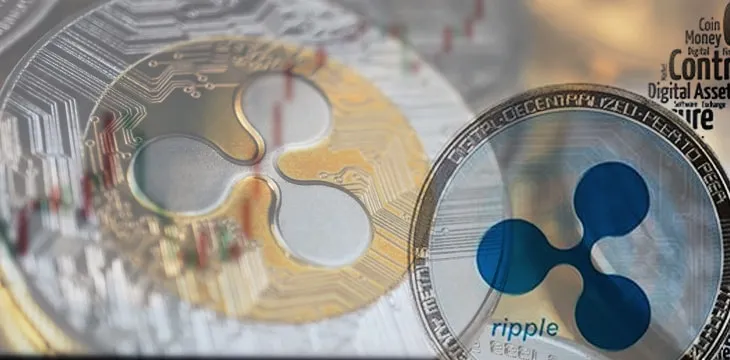|
Getting your Trinity Audio player ready...
|
In August, CoinGeek reported Ripple’s business blueprint of working closely with banks and acting as their cross-border payment pipeline did not appear to be working very well. Spain-based bank Santander had announced they would no longer be using XRP because of its low trading volume. Its strategic partnership with MoneyGram has failed to pay off on its balance sheet.
“Ripple just does not offer anything of value,” said Dr. Craig S. Wright. “It’s not an efficient settlement system; it doesn’t remove or mitigate the need for money-laundering controls and all of the other controls that banks have. It’s a technology that they’re trying to shoehorn into an industry they don’t understand.”
Now, Ripple’s leaders are taking actions to bring a pivot into existence in the hope of being more useful to the enterprise community. The pivot is happening amid its long-running battle with the U.S. Securities and Exchange Commission (SEC) over whether the digital currency XRP is a security and potential relocation of its HQ outside of the USA.
CoinDesk recently reported that the San Francisco-based firm was awarded a patent (No. 10,789,068) on September 29, 2020, by the United States Patent and Trademark Office (USPTO). The patent is for a design that can execute smart contracts based on data collected from the outside world.
The USPTO record credits the patent to former Ripple CTO Stefan Thomas and Evan Schwartz, the co-creator of Interledger protocol.
The smart contract uses oracles to connect a distributed platform to a mixture of different real-world data sources. One example of its potential application is using the smart contracts to automatically settle options contracts when pre-agreed stipulations are met, such as a company’s debt-to-equity ratio meeting a certain threshold.
The Ripple patent notes that the systems offered can also be used for “Value Transfer.” The settlement can include tangible or intangible assets upon satisfying the smart contract conditions.
Ripple has not released a statement concerning how they plan to utilize this newly awarded patent. Perhaps it will be incorporated down the road into Ripple’s new Line of Credit solution they announced this past Friday as it branches out into the lending business.
Either way, Ripple’s earlier ambitions as a transfer medium for financial institutions now appear to be firmly in the company’s rear-view mirror. Its future remains cloudy as it continues to search for a viable and sustainable business while battling U.S. regulators.
Watch the CoinGeek Live panel, Smart Contracts & Tokens on Bitcoin SV: Going Mainstream

 07-11-2025
07-11-2025 





